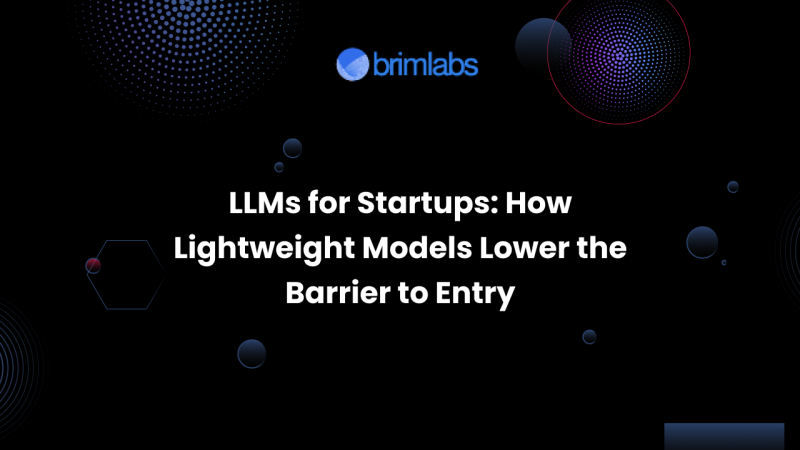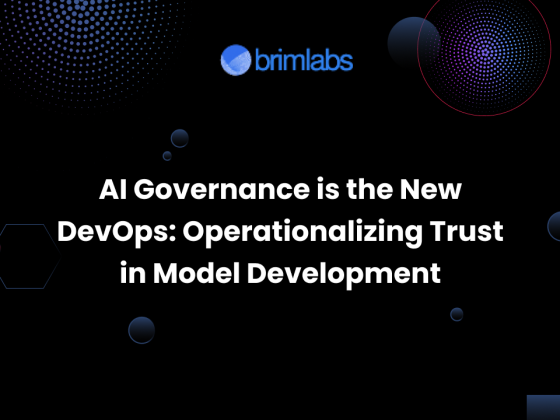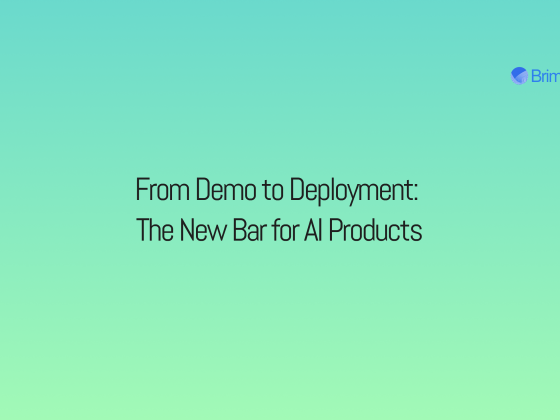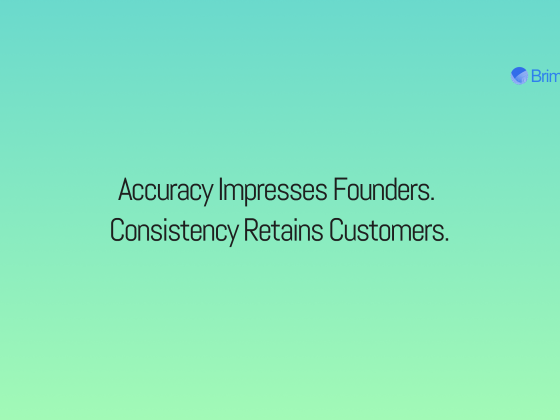Startups today are building in a world increasingly driven by AI. But when it comes to LLMs, many early-stage founders worry about infrastructure costs, privacy concerns, and technical complexity. Fortunately, a new wave of lightweight LLMs is changing the game, making powerful AI more accessible than ever.
These compact models offer the right mix of performance, affordability, and control. And for startups, that can mean faster prototyping, better margins, and a smarter product from day one.
What Are Lightweight LLMs?
Lightweight LLMs are scaled-down versions of traditional large models. They’re designed to be faster, cheaper to run, and easier to deploy, without requiring massive GPU clusters or high monthly API bills.
While full-scale models like GPT-4 can have hundreds of billions of parameters, lightweight alternatives are often trained with fewer parameters (as low as 1B to 7B), making them easier to run locally or on low-cost cloud infrastructure.
Why Startups Should Care
If you’re building a product with AI at its core—or even just exploring automation, lightweight LLMs can help you move quickly without overwhelming your budget. Here’s why they matter:
1. Cost-Efficient Infrastructure
You don’t need high-end GPUs to run these models. Many can operate on CPUs or small cloud instances, which drastically lowers operating expenses. This means you can run LLM-powered features without ballooning your cloud bills or relying on expensive APIs.
2. Privacy-First Development
In industries like healthcare, finance, or HR, data sensitivity is a top concern. Lightweight models can run entirely on-device or in your own private cloud, keeping data secure and compliant with regulations like HIPAA and GDPR.
3. Faster Prototyping and Iteration
Smaller models are faster to load, fine-tune, and test. This gives startups the ability to iterate quickly, experiment with prompt designs, or refine domain-specific models in days, not weeks.
4. Offline and Edge Use Cases
Because they’re efficient and portable, these models can be embedded into mobile apps, wearable devices, or IoT hardware. That means AI features work even when there’s no internet, perfect for logistics, field tools, or remote healthcare.
5. Custom Performance in Niche Domains
Lightweight LLMs can be trained or fine-tuned on specific tasks, such as summarizing legal documents, automating customer support, or generating product descriptions. This allows startups to create domain-specific models that are fast and effective, without needing enterprise-scale infrastructure.
Models That Are Startup-Friendly
If you’re wondering where to begin, here are some standout models that strike a great balance between size and performance:
Phi-3 Mini
Designed to run on mobile and edge devices, Phi-3 Mini is ideal for startups creating virtual assistants, chatbots, or productivity tools. It delivers strong results with minimal compute.
Mistral 7B
This model is great for building enterprise tools, AI agents, and workflows that need high-quality outputs. It works well on mid-tier GPUs and can be fine-tuned easily for custom tasks.
TinyLlama
At just over 1 billion parameters, TinyLlama is extremely efficient and lightweight. It’s best suited for microtasks, offline applications, and mobile-first products.
Gemma 2B
Gemma is optimized for on-device applications and supports multilingual tasks. It’s a solid choice for startups targeting a global user base or building on consumer-grade hardware.
DistilBERT
This classic model is small but powerful for tasks like search, classification, and entity recognition. It runs easily in browsers or on local machines without specialized hardware.
Use Cases That Make Sense for Startups
Lightweight LLMs shine in focused, scalable use cases like:
- Customer Support Bots: Automate routine questions or live chat responses at a fraction of the cost.
- Internal Tools: Summarize notes, draft emails, or generate reports using fast, lightweight assistants.
- Content Generation: Automatically create SEO-friendly product descriptions or social media content.
- HR and Legal Automation: Analyze documents, contracts, or HR policies without exposing sensitive data.
- Voice Interfaces: Build voice-enabled apps that respond in real-time, without internet access.
How to Get Started
- Choose an open-source model that fits your use case. Hugging Face is a great place to explore.
- Use quantization techniques (like 4-bit or 8-bit) to shrink the model’s size without losing accuracy.
- Fine-tune on your data using LoRA or QLoRA, ideal for startup teams with limited resources.
- Deploy locally or at the edge to keep costs down and privacy intact.
- Monitor performance and iterate fast. These models make experimentation easy and affordable.
Final Thoughts
LLMs are no longer out of reach for startups. With the rise of lightweight, fine-tunable models, you can now build AI-powered products that are lean, secure, and scalable from day one.
Whether you’re building a mental health companion, an internal automation tool, or a B2B SaaS product, lightweight LLMs help you ship faster, iterate smarter, and own your infrastructure.
At Brim Labs, we help startups like yours bring AI into production using the right-sized models for your goals. From model selection to fine-tuning and deployment, our team of engineers and AI experts can help you move quickly and safely. Let’s explore what you’re building.











